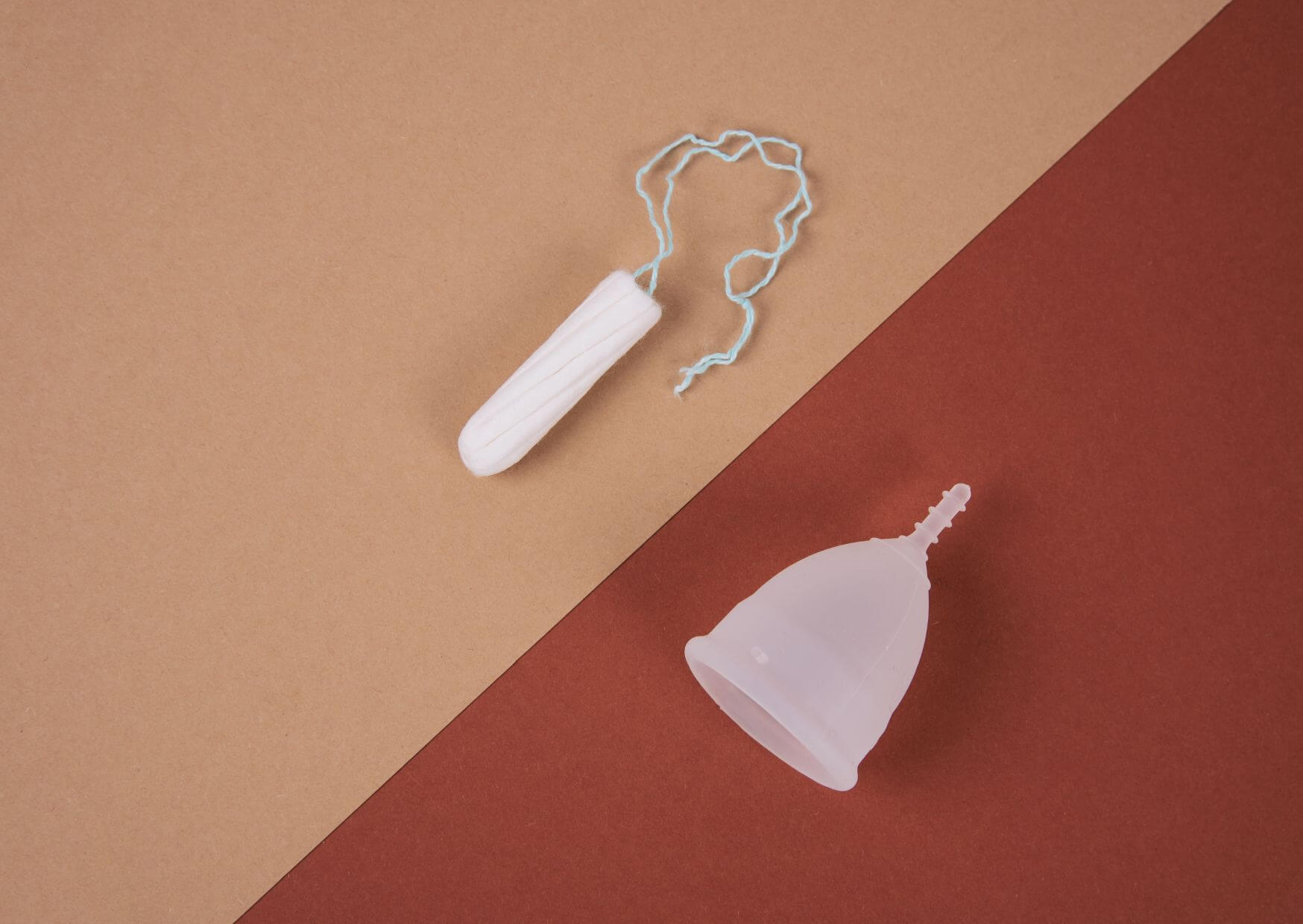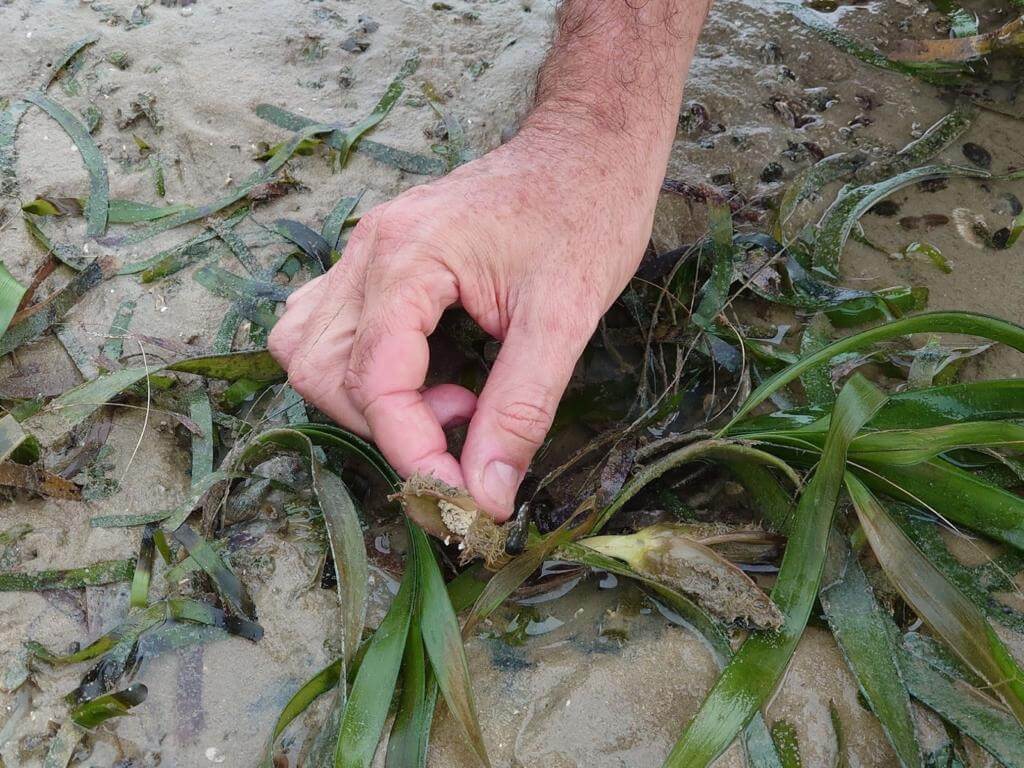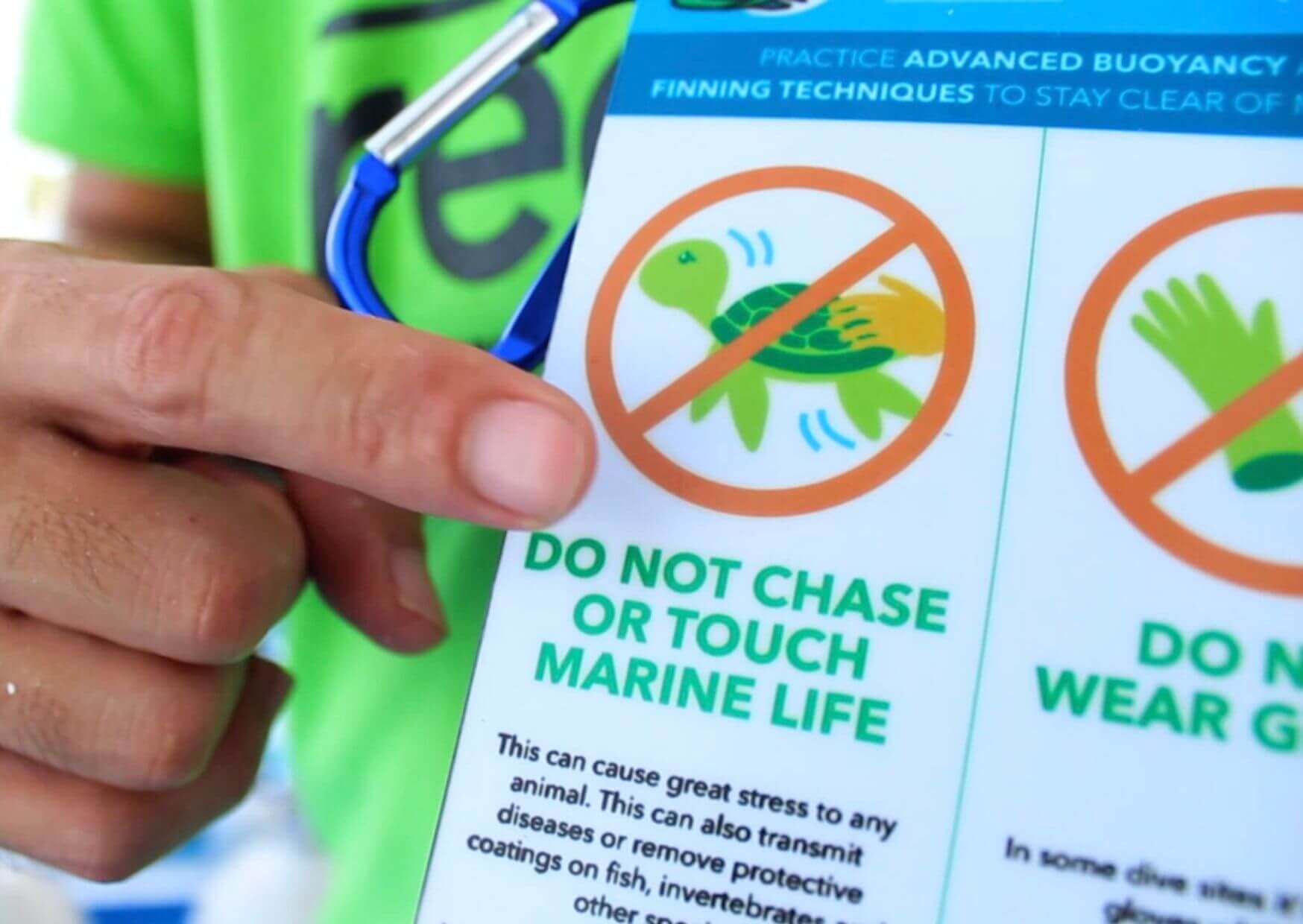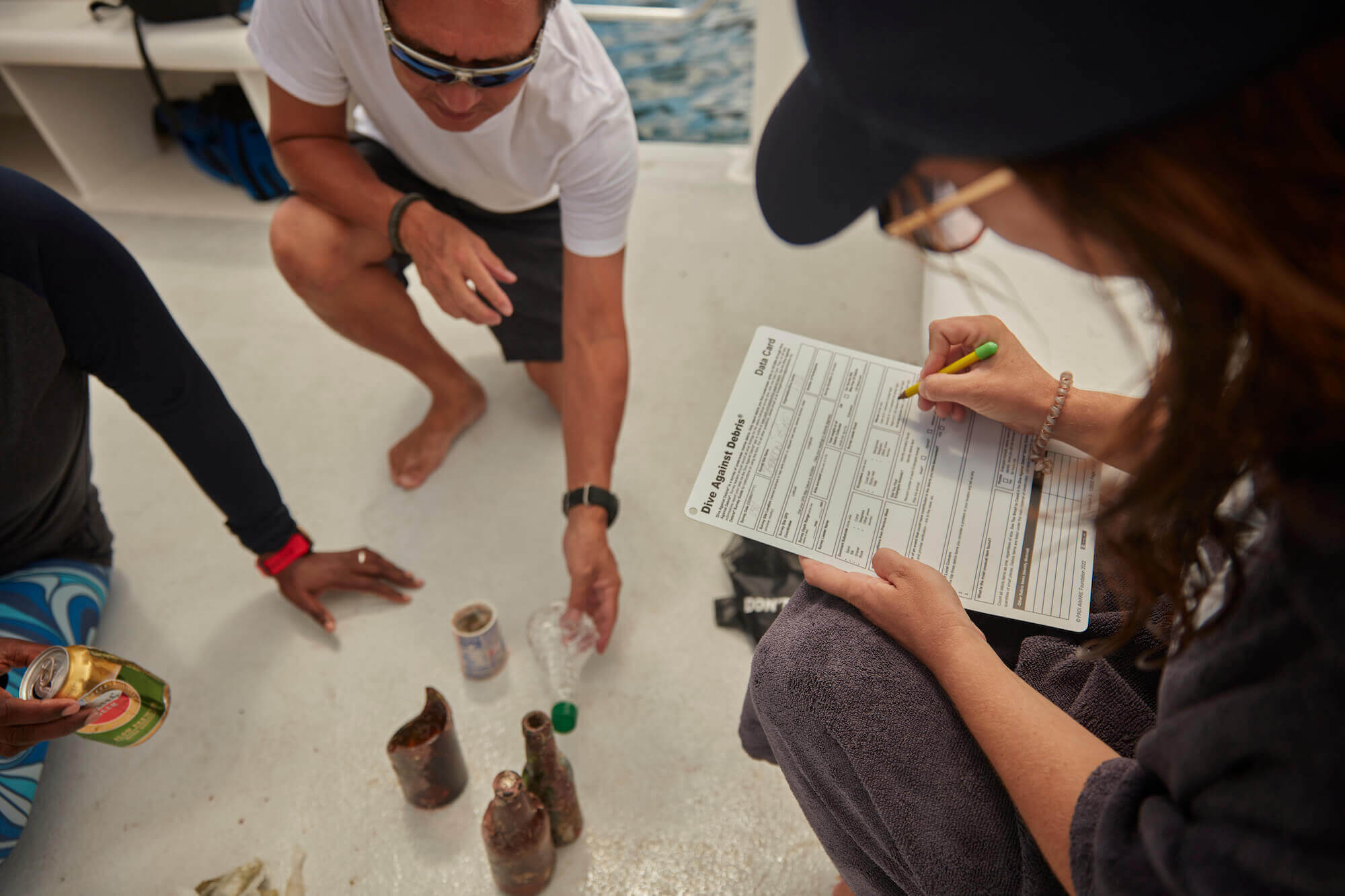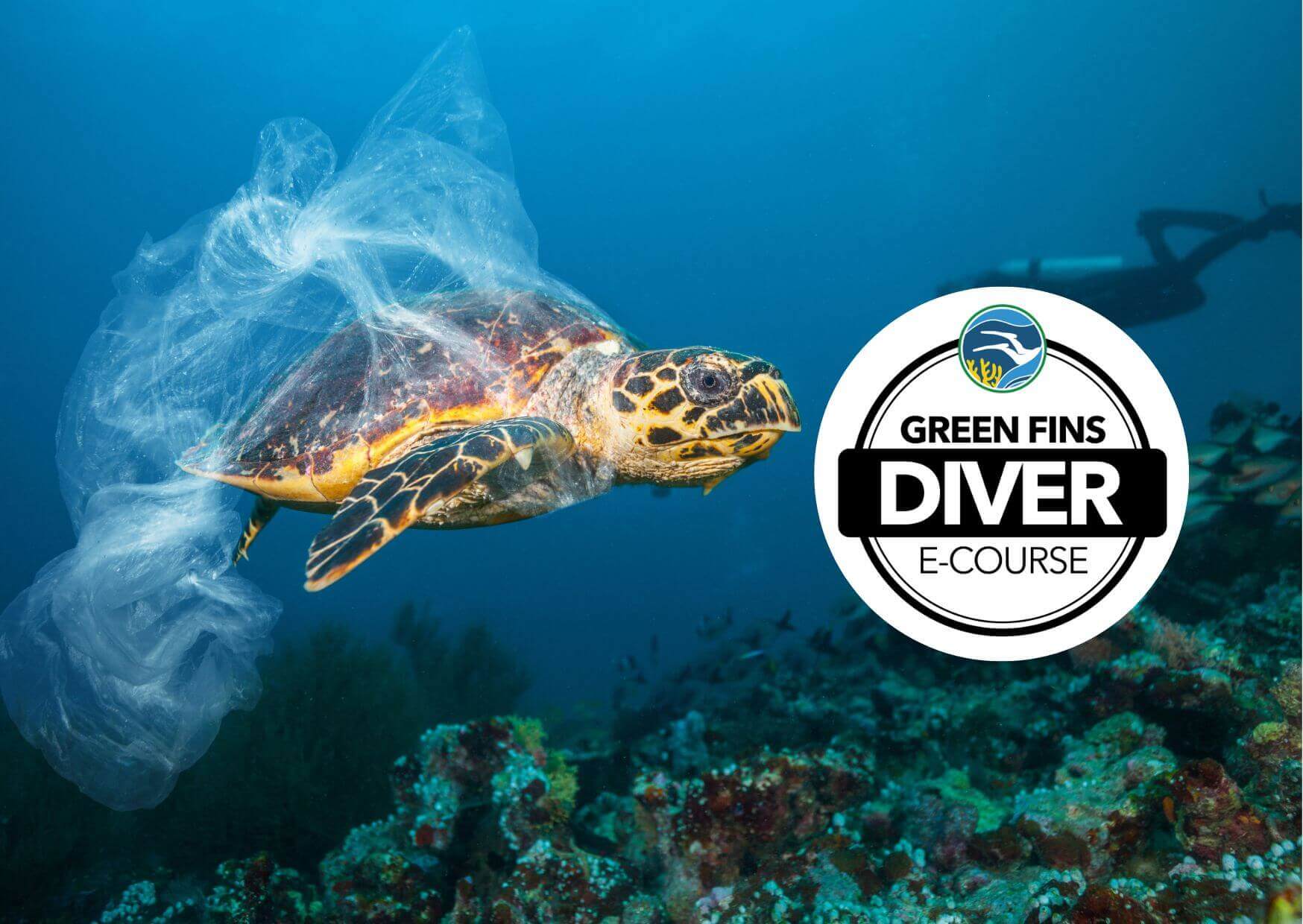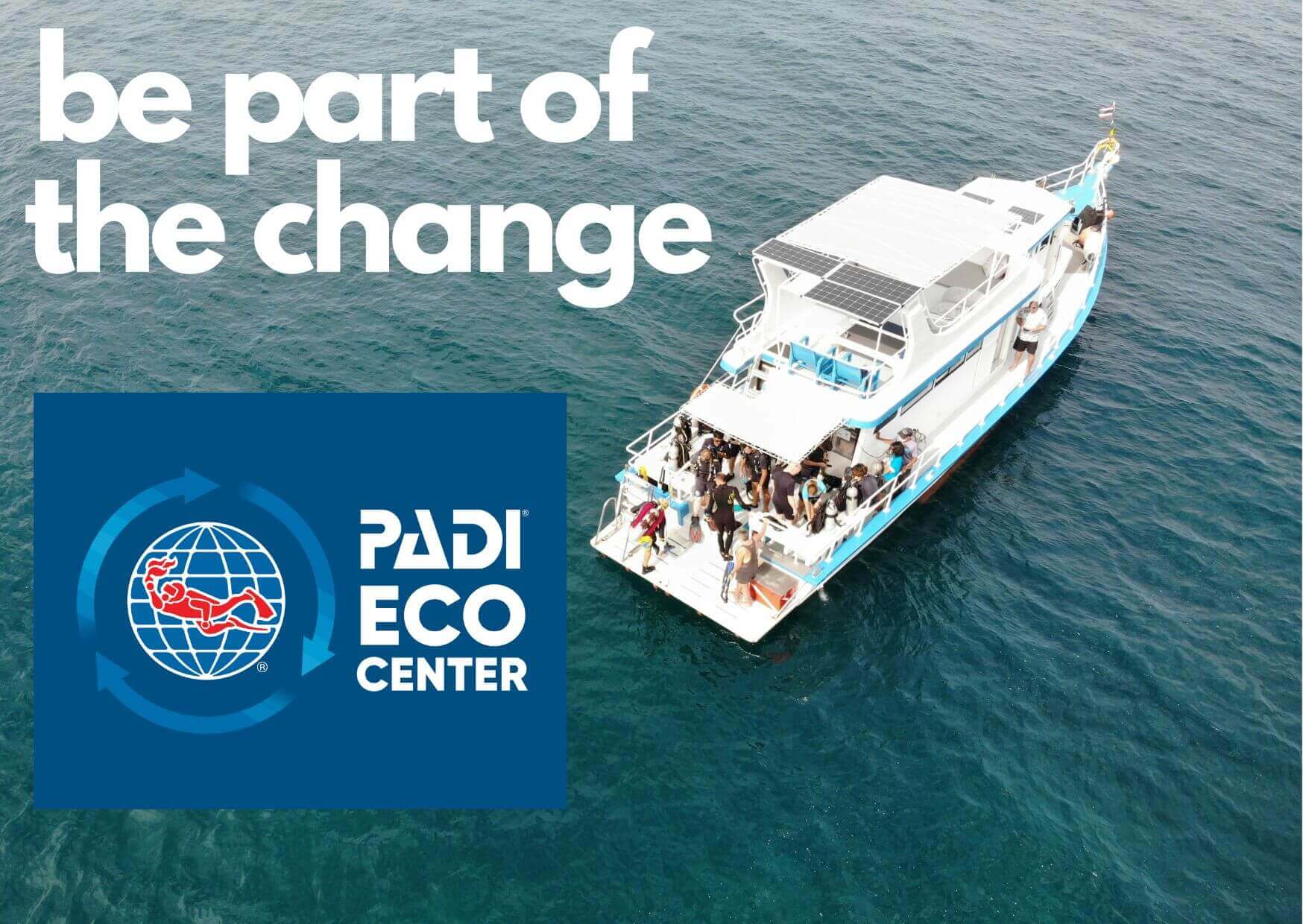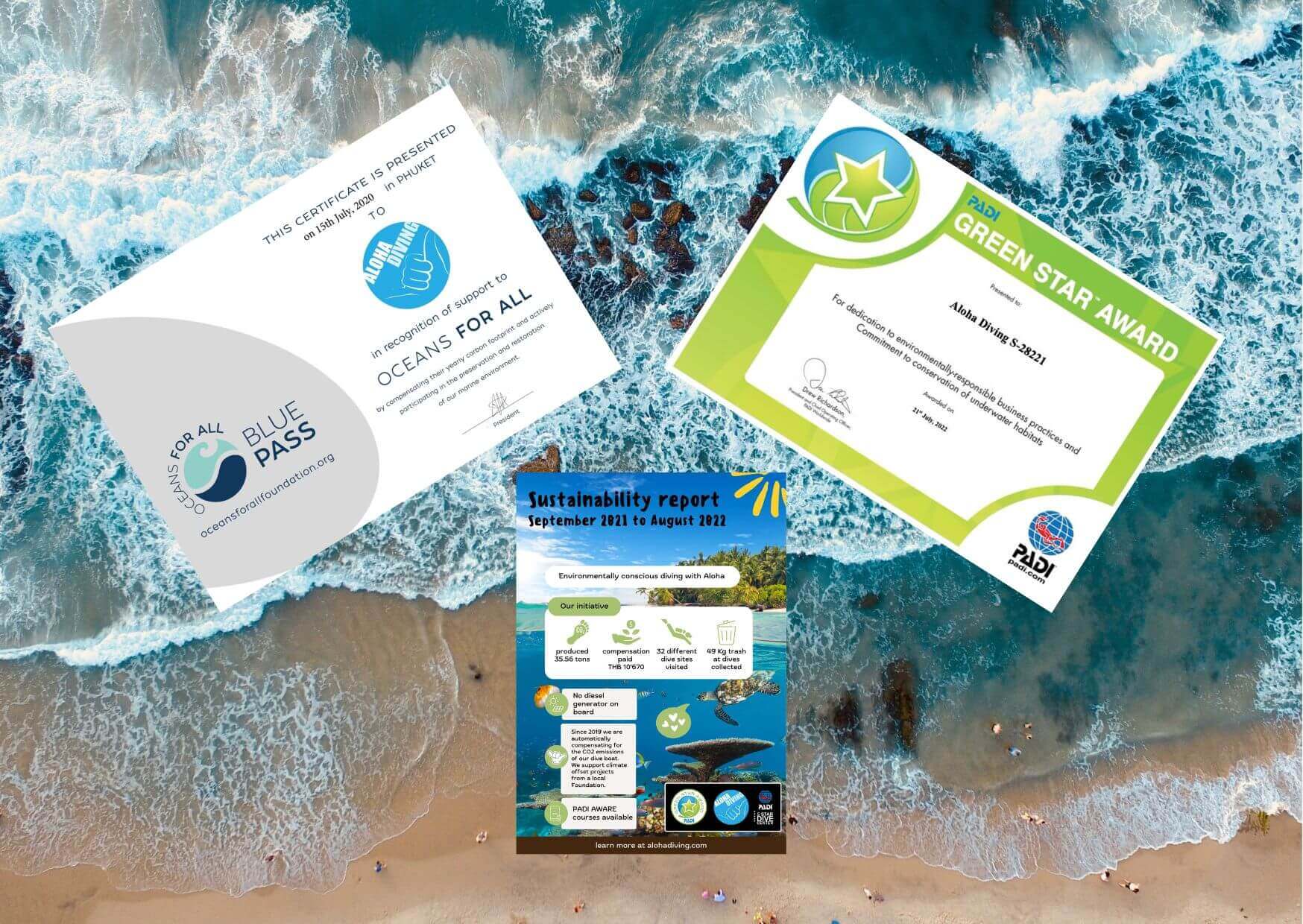Why Aloha Diving does not use diesel generators on their boat?
Aloha Diving in Phuket, Thailand, has taken a unique approach to sustainable dive tourism by reducing noise pollution and CO2 emissions from their boat operations. Unlike many other diving companies in the region, Aloha Diving has opted to forgo the use of a diesel generator on their boat and instead use solar panels and lithium batteries. In this article, we will explore the reasons behind their decision and the benefits of this innovative approach to sustainable tourism.
Silent diving with Aloha Diving
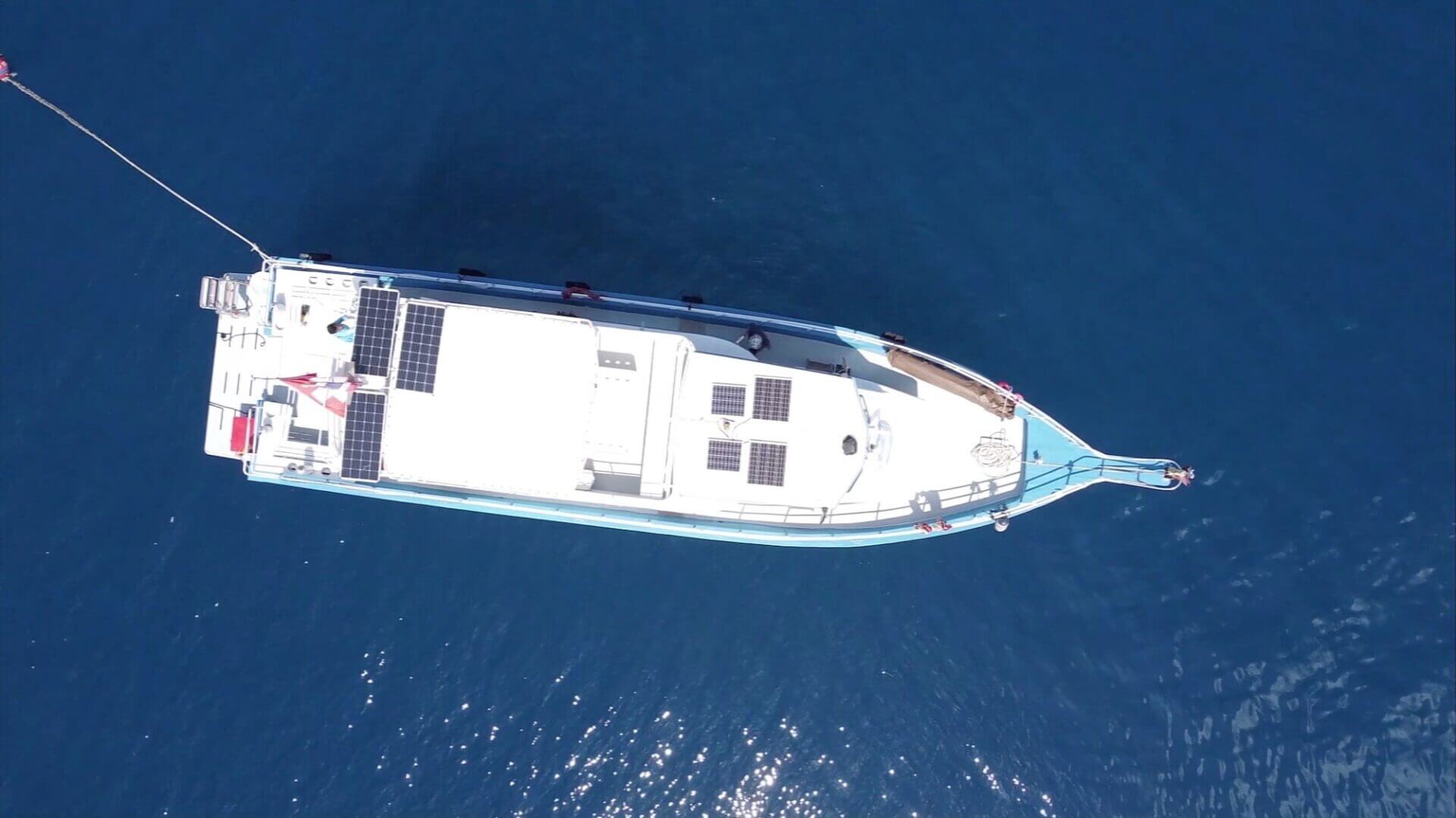
Noise pollution is a significant problem in marine environments, particularly for marine life that relies on sound for communication, navigation, and feeding. Diesel generators used on many boats create noise pollution that can be harmful to marine life, including whales, dolphins, and other marine mammals. Additionally, diesel generators release CO2 emissions into the atmosphere, contributing to climate change, which has a detrimental impact on the oceans and their ecosystems.
By using solar panels and lithium batteries, Aloha Diving’s boat, MV Matchanu, are significantly quieter than those that use diesel generators. This reduction in noise pollution has several benefits. Firstly, it allows divers to get closer to marine life without disturbing them, providing a more natural experience for divers and a less stressful environment for marine animals. Additionally, quieter boats can attract more marine life to the area, enhancing the diving experience for guests.
The use of solar panels and lithium batteries also eliminates CO2 emissions from Aloha Diving’s boat. This reduction in emissions helps to mitigate climate change, which has severe impacts on marine ecosystems, including coral reefs. Coral reefs are particularly vulnerable to climate change, with rising temperatures, ocean acidification, and sea-level rise all posing significant threats to their survival. By reducing their carbon footprint, Aloha Diving is doing its part to protect these delicate ecosystems.
The use of solar panels and lithium batteries also has economic benefits for Aloha Diving. By eliminating the need for diesel fuel, the company reduces its operating costs, allowing them to invest more in sustainable practices, such as using eco-friendly cleaning products and reducing waste. Additionally, the company’s commitment to sustainability and responsible tourism can attract environmentally conscious travelers who are willing to pay more for experiences that align with their values.
In conclusion, Aloha Diving’s decision to forgo the use of a diesel generator on their boats and instead use solar panels and lithium batteries is a significant step towards sustainable tourism. By reducing noise pollution and CO2 emissions, the company is doing its part to protect marine life, coral reefs, and the wider ecosystem. Additionally, the economic benefits of this innovative approach to sustainable tourism can attract environmentally conscious travelers, providing a win-win scenario for the company and the environment.
